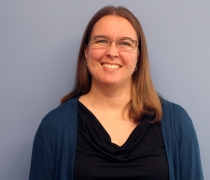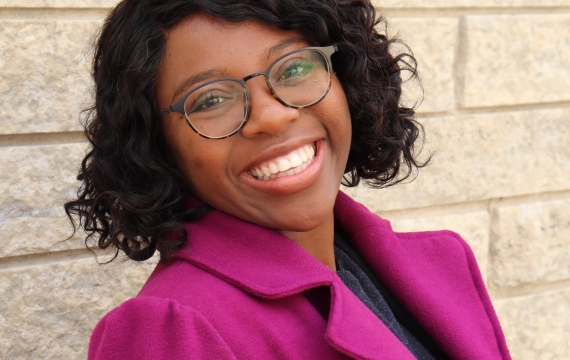
Admission for winter 2026 and beyond is currently paused to provide time for CMU to evaluate the longer-term shape for the program.
The above changes will not affect program offerings or student support for those currently enrolled in the MA in Peacebuilding and Collaborative Development program.
Building on nearly 30 years of experience in delivering undergraduate programs in conflict resolution, peace, and international development studies, CMU offers a Master of Arts degree that blends these core themes, designed both for practitioners and for those pursuing academic studies.
What distinguishes the MA in Peacebuilding and Collaborative Development?
The program's subject matter and focus:
- It bridges the fields of peacebuilding/conflict resolution studies and development/transformational justice studies.
- It gives close attention to religious dimensions, theological foundations, and interfaith relations.
- It promotes multiple levels of competencies. It is designed especially for practitioners and professionals, seeking to be responsive to the needs of organizations and agencies, while retaining academic rigour and remaining attractive to those pursuing academic studies or careers.
The program's flexibility:
- It has a flexible curriculum to best meet the varied needs, goals, and interests of students.
The program's highly qualified, competent and engaged faculty:
- CMU's faculty not only have impressive academic and teaching qualifications, but they also have among them years of experience as practitioners and consultants, both in domestic and international settings.
The program's multi-sited locations and interactions:
- CMU as a private Christian university has a footprint both at its Shaftesbury campus, but also as Menno Simons College in a public university context where it engages a wide-range of perspectives and backgrounds.
- Partnerships with other institutions and organizations also enrich the program.
The program's multi-course formats:
- Regular semester courses (September–December, January–April).
- Intensive courses (normally classes meet for one week).
- Modular courses (1.0 to 1.5 credit hours). Students may attend special lectureships, seminars, workshops or short courses for credit. Contact the Program Coordinator for more information.
- Independent-directed studies (normally only after having completed 15 credit hours in the program)
- Online and video-conferencing courses are planned for future years.
Contact
 |
Valerie SmithAssociate Registrar for Graduate Studies Phone: 204.487.3300 ext. 316 Email: vsmith Contact Valerie if you are interested in graduate studies at CMU. |
